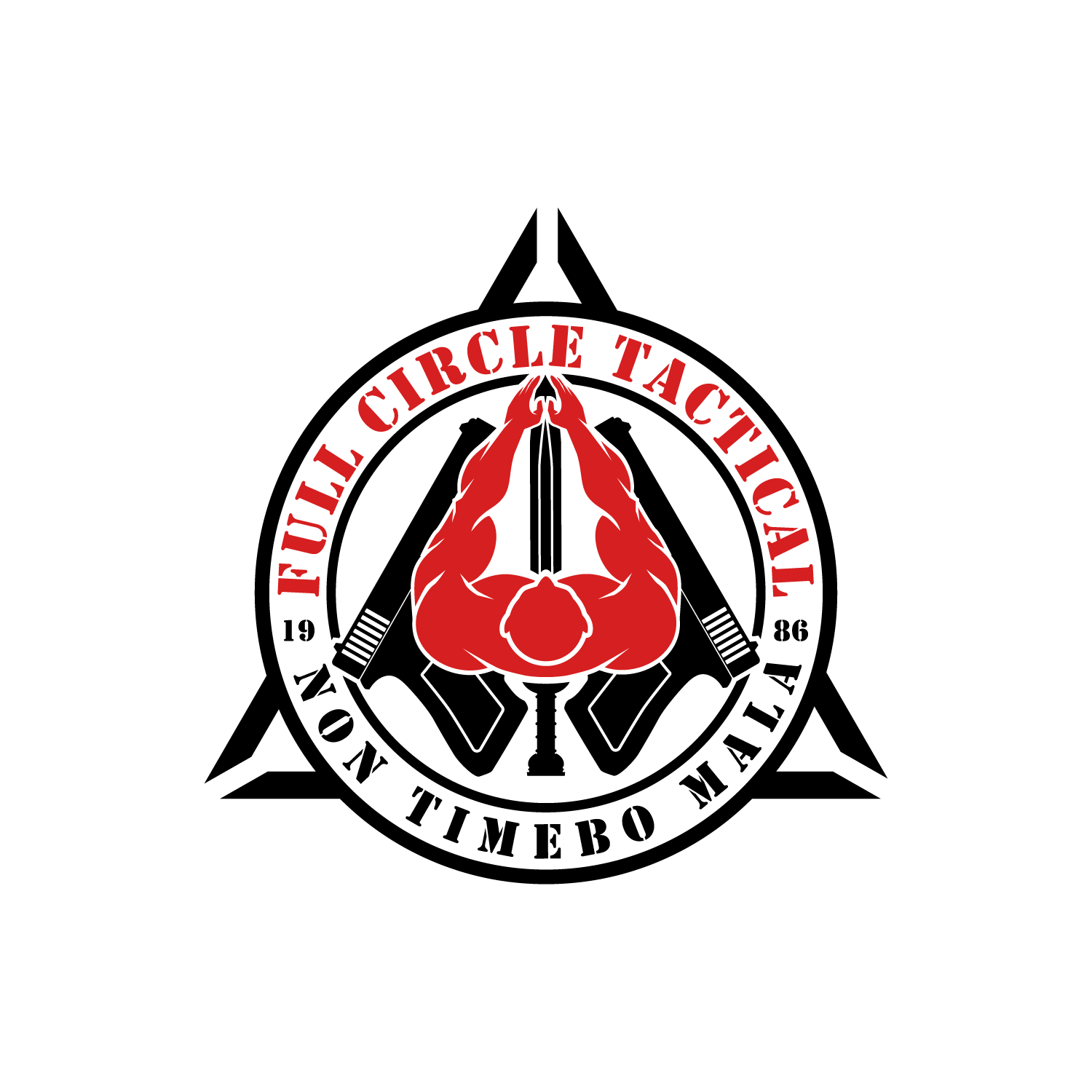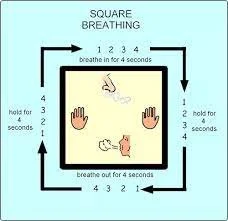The Breathing IBUKI explained part 2
IBUKI and Nogare are two essential breathing techniques in karate, each serving a distinct purpose in enhancing physical and mental capabilities. IBUKI, which translates to "breath" in English, holds a deeper meaning of "inner strength" within the karate context. Originating from the teachings of prominent figures in martial arts, such as Chōjun Miyagi and Masutatsu Ōyama, IBUKI comprises two variations: Yō-Ibuki and In-Ibuki.
Yō-Ibuki, characterized by a solid hissing sound, is utilized as a form of training to enhance dynamic tension and is associated with absorbing opposing forces. This method focuses on the controlled pressure of the abdomen rather than forced breathing through the throat, emphasizing the connection between the spirit, body, and internal energy. In contrast, In-Ibuki, also known as Nogare or "Slow/Soft Breathing," employs a softer yet deep abdominal breathing technique akin to Yoga and Zen meditation practices. This method fosters meditative aspects while promoting calmness and restoring natural breathing patterns.
The significance of mastering these breathing techniques lies in their ability to rejuvenate energy, strengthen the body internally and externally, and unite the mind-body connection. Through deliberate breath control, practitioners can enhance their awareness, activate internal organs, and achieve a state of total consciousness. Furthermore, applying these techniques in combat situations or training sessions enhances physical performance, aids in absorbing impacts, and contributes to maintaining composure under pressure. In a broader context, the principles underlying IBUKI and Nogare align with the concept of In-yō, reflecting the interplay of seemingly opposing forces to create a harmonious balance.
Just as Yin and Yang in Chinese philosophy signify the duality and interconnectedness of contrasting elements, the breathing techniques of Yō-Ibuki and In-Ibuki demonstrate how different approaches can complement each other for holistic development in martial arts practice. In conclusion, the mastery of IBUKI and Nogare not only enriches the practice of karate but also offers valuable insights into the synergy between breath control, physical performance, and mental focus.
As scientific research continues to validate the benefits of mindful breathing practices in various fields, the significance of these traditions in enhancing athleticism, stress management, and overall well-being becomes increasingly evident. By integrating these ancient techniques with modern scientific understanding, individuals can unlock new levels of physical and mental resilience, thereby embodying the essence of martial arts philosophy in their training and daily lives, but let's forget the dojo ritual and ask: what about the application of Ibuki in actual life combat situation?
The Ibuki Breathing and the Vagus nerve connection:
Have you ever noticed how your body responds to stress in subtle ways? For instance, do you find yourself experiencing stomach issues before a nerve-wracking event? This intriguing phenomenon is closely linked to the vagus nerve. The vagus nerve is a vital communication pathway between our brain and essential organs such as the stomach, lungs, and heart. This means that the other organs are also affected when stress impacts one side. Therefore, when you feel the pressure building up before a presentation, it can manifest as stomach discomfort.
Interestingly, this communication between stress and bodily functions works both ways. Unhealthy eating habits can hurt your mental well-being. The more stressors your vagus nerve encounters, the lower your vagal tone becomes, potentially affecting your overall health. Fortunately, various vagus nerve breathing exercises can help alleviate these effects. Mike Tyson used to puke before he walked into the ring. Can you imagine if Cus D’amato knew about this proper breathing technique? Conscious breathing exercises are efficient in stimulating the vagus nerve. When we are stressed, our breathing tends to become shallow and rapid. By engaging in deep breathing exercises, we signal to our body that it is safe to relax and unwind. This is where vagus nerve breathing techniques play a crucial role. Some examples include:
The box breathing Combat technique: Inhale for 4 seconds, hold for 4 seconds, exhale for 4 seconds, and hold for 4 seconds.
- The 4-7-8 breathing method: Inhale for 4 seconds, hold for 7 seconds, exhale for 8 seconds.
- The Tactical Ibuki Breathing exercise: Take 35-45 deep breaths and hold your breath for as long as possible.
Utilizing IBUKI Breathing for Self-Defense: Overcoming the Adrenal Dump and Tunnel Vision in Combat.
The Full Circle Tactical Training Academy incorporates IBUKI breathing into their training and combat routines so individuals can effectively mitigate the impact of the adrenaline dump and combat tunnel vision, enhancing their overall performance and response in high-stress situations; after all, Wim Hof took this ancient technique and sold it the masses, is no longer a myth or woo-woo science, documented lab work gave this technique legitimacy. The adrenaline dump, also known as the "fight or flight" response, is a physiological reaction triggered by releasing adrenaline and other stress hormones during perceived danger or threat; this natural response can lead to heightened arousal, increased heart rate, tunnel vision, and impaired cognitive functions, potentially hindering one's ability to make rational decisions and execute effective self-defense techniques.
IBUKI breathing offers a practical solution to counteract the effects of the adrenaline dump by promoting controlled breathing patterns and mindfulness. By engaging in deep, focused inhalation and exhalation through IBUKI breathing, combat practitioners can regulate their heart rate, calm their nervous system, and maintain mental clarity amidst stressful situations. This deliberate breath control helps manage stress’s physiological effects and enhances cognitive functioning and decision-making under pressure. Moreover, IBUKI breathing is a powerful tool to combat tunnel vision, a common phenomenon in high-stress situations where individuals focus excessively on a singular point or threat, narrowing their perception and awareness of their surroundings.
By practicing IBUKI breathing, combat practitioners can broaden their field of vision, expand their spatial awareness, and maintain a heightened sense of alertness without succumbing to tunnel vision. In self-defense scenarios, being composed, focused, and adaptable is paramount to effectively assessing threats, making split-second decisions, and executing defensive maneuvers precisely. IBUKI breathing equips combat practitioners with the mental and physical resilience to navigate challenging situations, de-escalate conflicts, and safeguard themselves against potential harm. By integrating IBUKI breathing into their self-defense training regimen, combat practitioners can cultivate a state of readiness, awareness, and control that enables them to respond effectively to threats, manage adrenaline-induced reactions, and prevent tunnel vision from impeding their ability to assess and address dynamic combat situations.
In conclusion, IBUKI breathing is a valuable tool for combat practitioners seeking to enhance their self-defense capabilities and counteract physiological and psychological effects in combat scenarios. By harnessing the power of intentional breath control and mindfulness, individuals can elevate their performance, resilience, and decision-making skills, ultimately empowering themselves to navigate self-defense situations with confidence, clarity, and effectiveness. You may not control what others Are doing, but you can control your breathing.
Coach Barbosa
IF YOU CAN’T BE SAFE, LEARN TO BE DANGEROUS WITH US.


